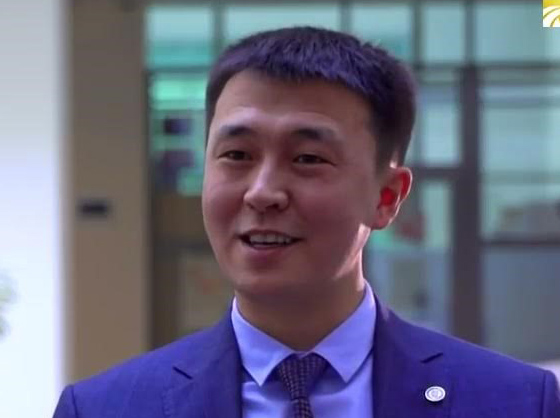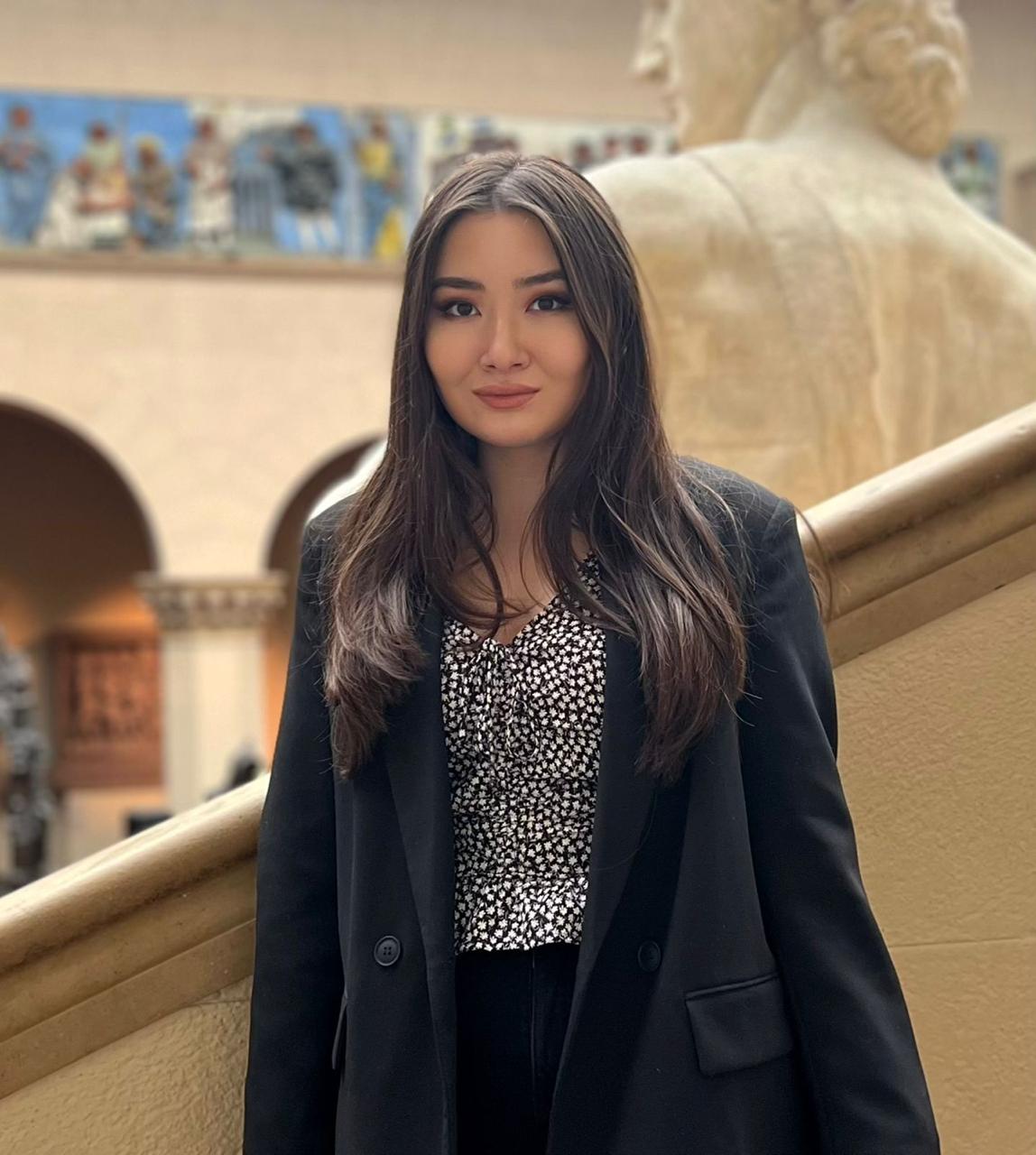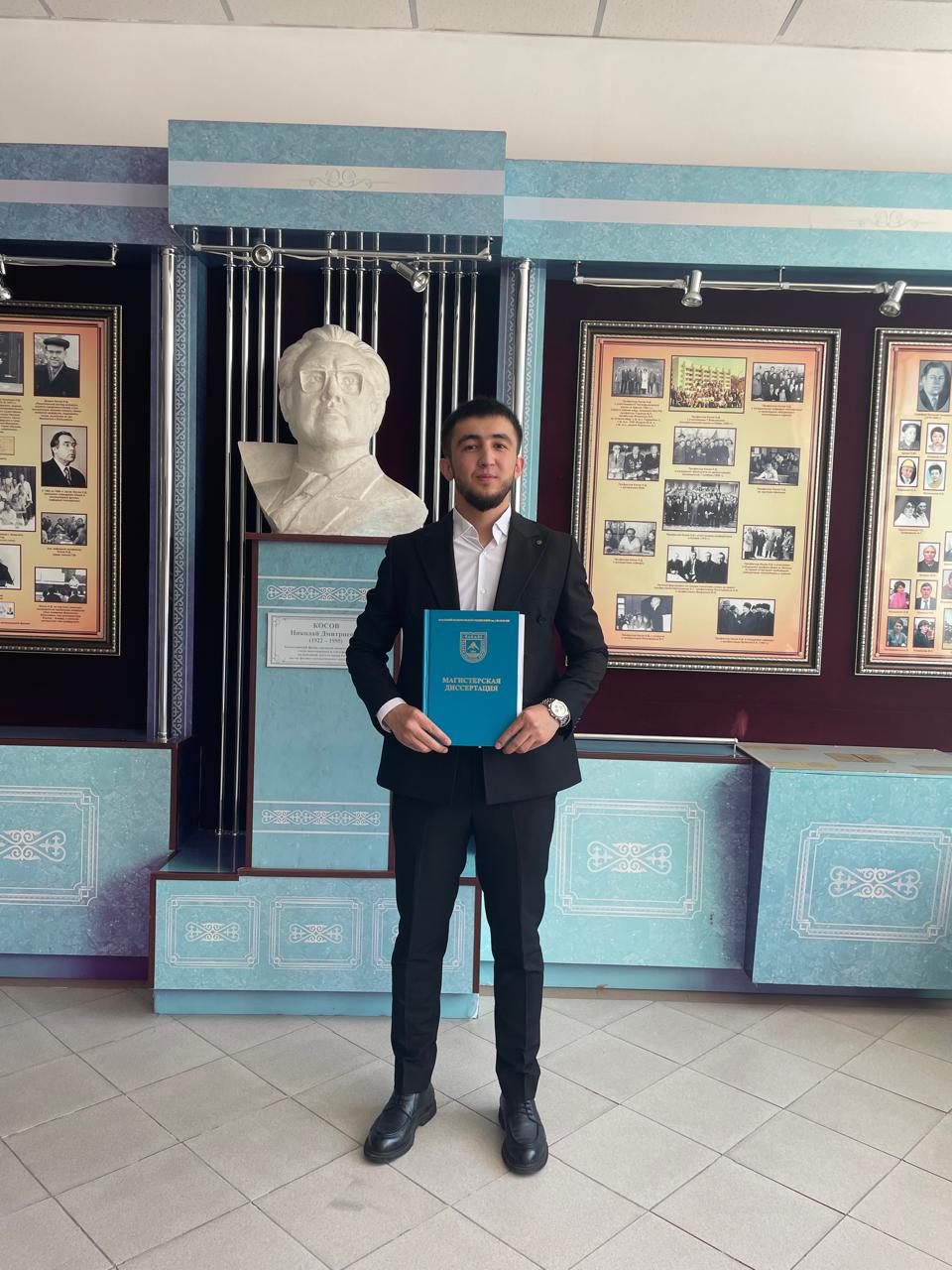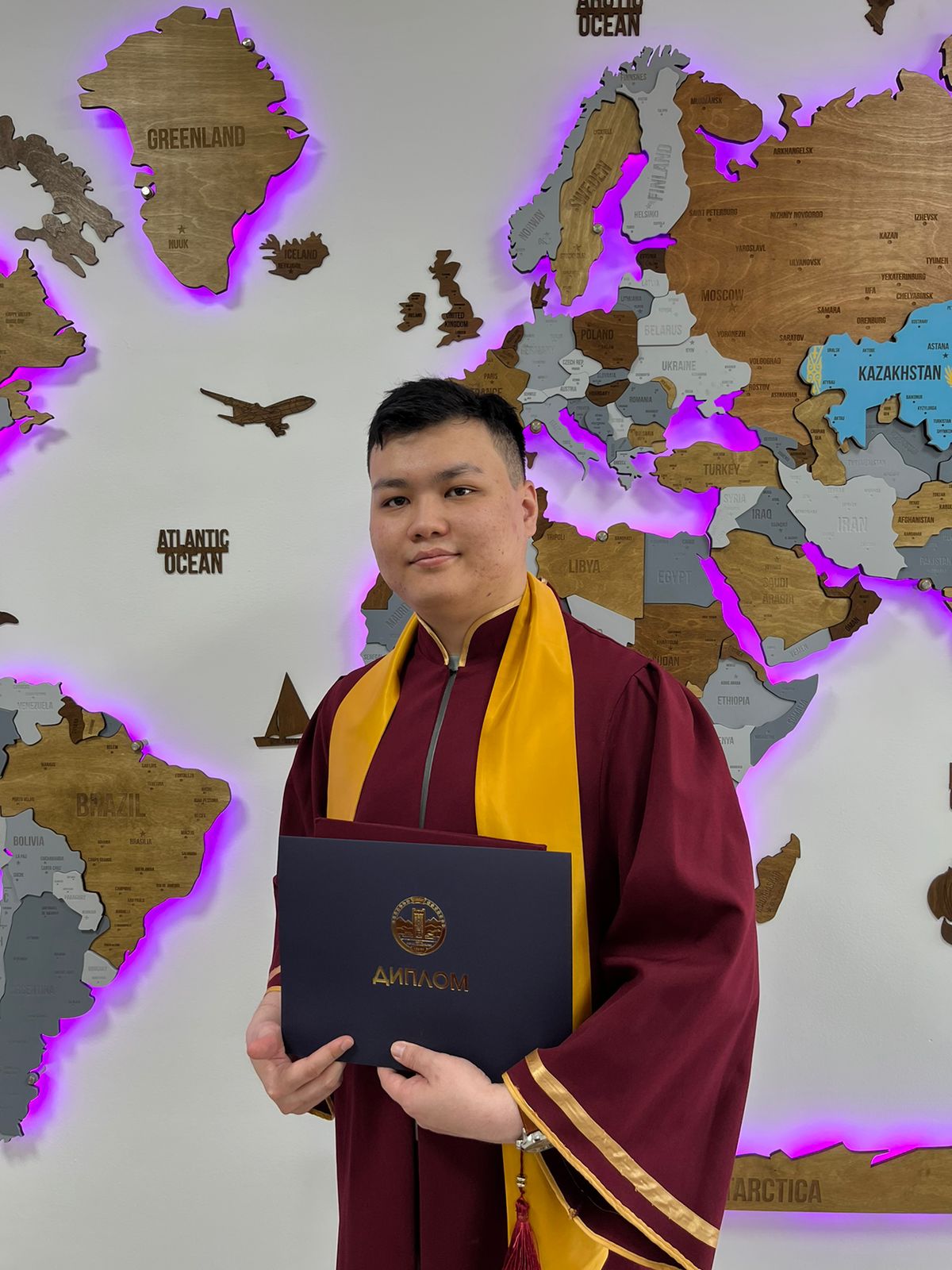
Born in 1988 in Bayan-Ölgii, Mongolia, Kazakh. He returned with his family to Kazakhstan in 2005. He completed the high school course independently.
In 2009, he received a bachelor’s degree in “Mechanics” at the Faculty of Mechanics and Mathematics of al-Farabi Kazakh National University.
In 2009-2013, he received a master’s degree and a candidate of technical sciences in the specialty “Mathematics” from the specified higher educational institution.
From 2013 to 2014, he received a Master's degree in Theoretical Physics from King's College London, UK.
Corresponding Member of the National Academy of Sciences of the Republic of Kazakhstan, Associate Professor of the School of Science and Technology of Nazarbayev University.
One of the most highly cited scientists of Kazakhstan abroad. The total number of citations is 383 and the Hirsch index (h-index) is 13 according to the Scopus database.
In 2013, Suragan Durvudkhan was awarded the Kunaev Prize for Young Scientists (in Kazakhstan) for the best work in the field of natural sciences.
In 2018, Suragan Durvudkhan won the Ferran Sunyer i Balaguer Prize. The prize is awarded for a mathematical monograph that presents recent developments in an active area of research in mathematics to which the applicant has made important contributions. Durvudkhan became the youngest scientist in history and the first Asian to receive such an award. Suragan Durvudkhan received a prize with Professor Michael Ruzhansky, Imperial College London for a monograph entitled “Hardy’s Inequality on Homogeneous Lie Groups (100 Years of Hardy’s Inequality).”
In 2020, Dr. Suragan was awarded the al-Farabi State Prize. The al-Farabi State Prize is the highest recognition of the merits of scientists and technical specialists to society and the state.
In 2022, Dr. Suragan was invited to chair the International Congress of Mathematicians (ICM). ICM is the largest conference in mathematics.
In 2023, Dr Suragan was invited as a visiting scholar at the University of Cambridge. From April to June 2023, he was a Simons Fellow at the Isaac Newton Institute for Mathematical Sciences.
Other news


